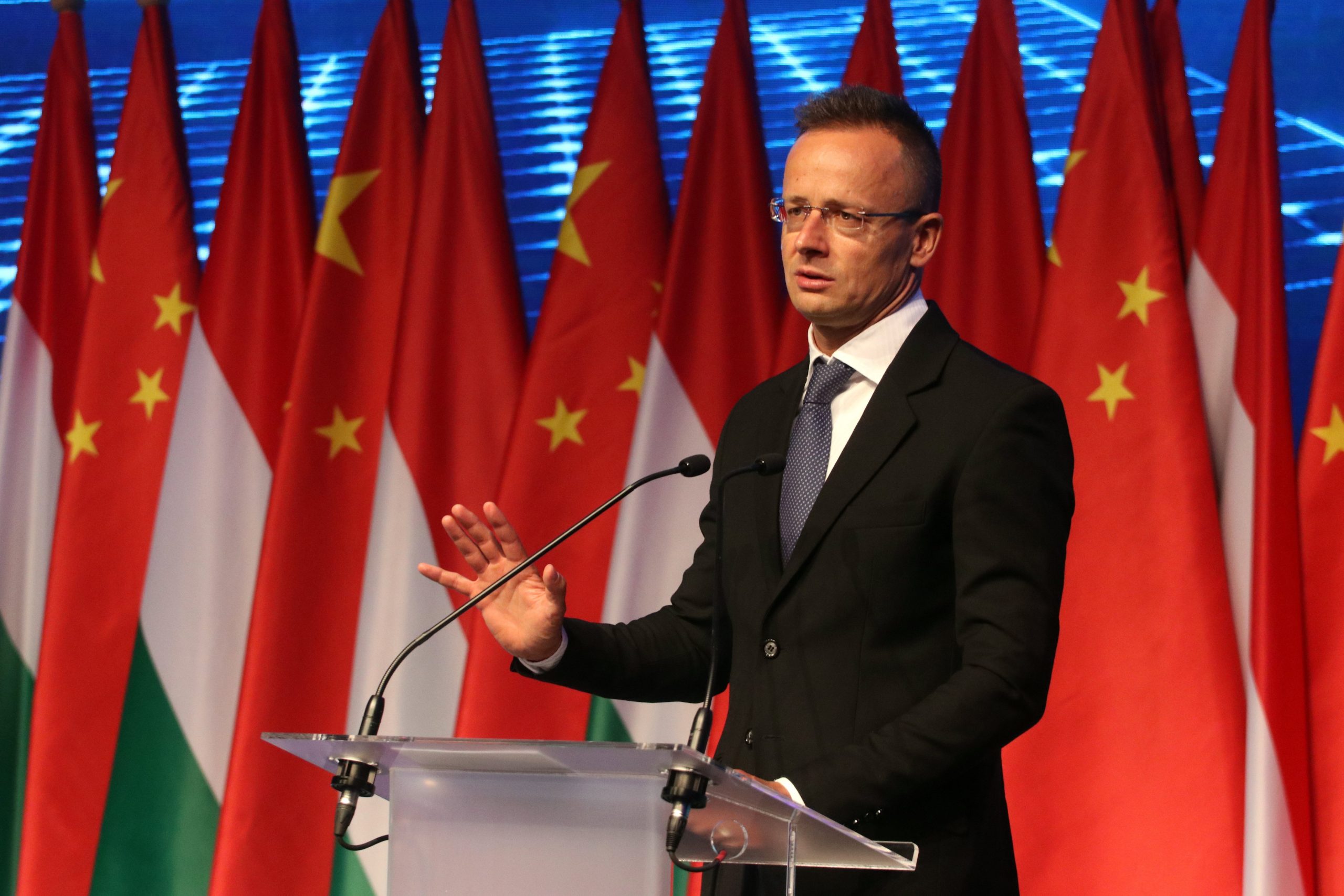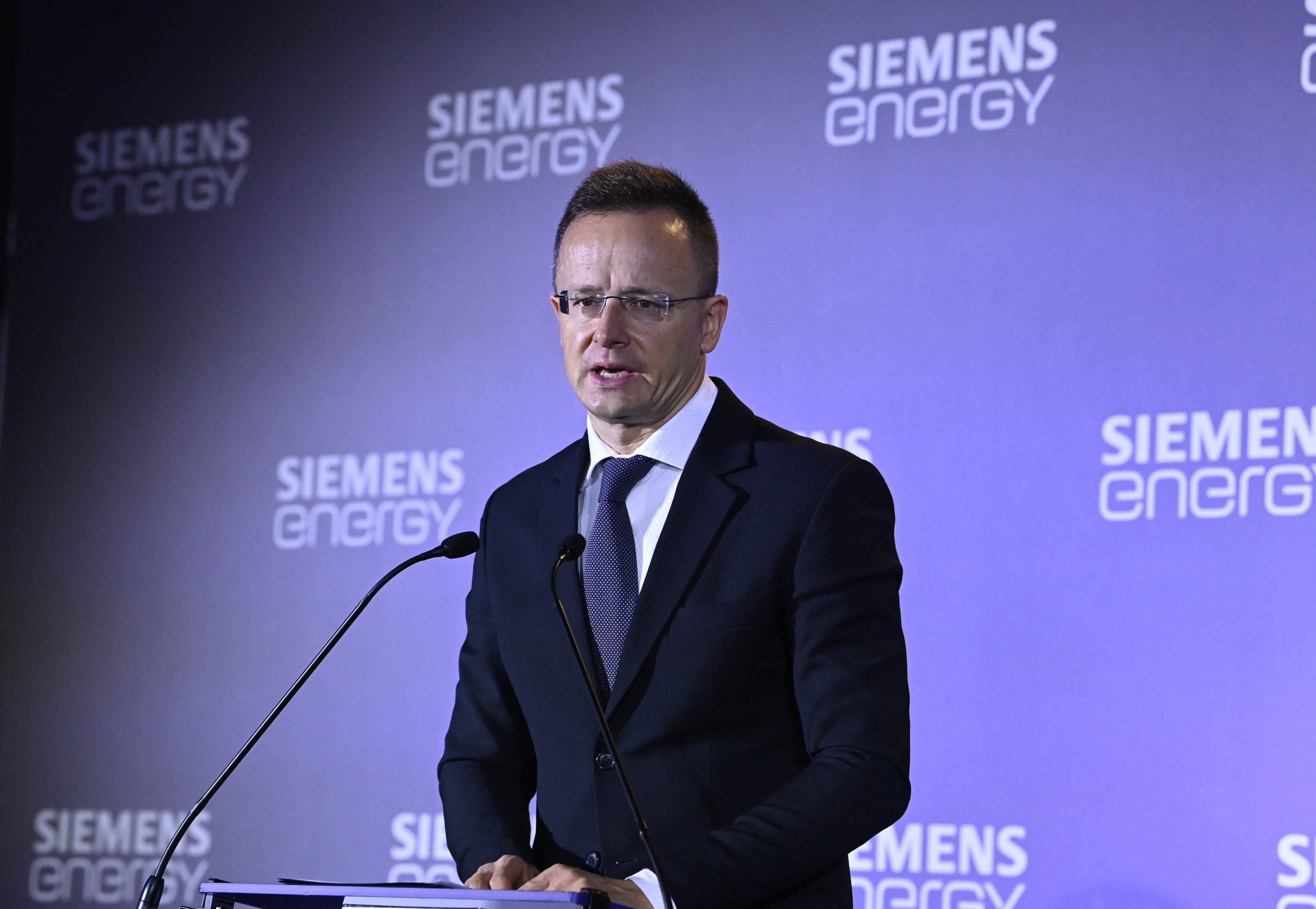
The world's largest battery manufacturer has chosen to build its second European plant in Hungary.Continue reading

Siemens Energy will create 400 jobs in Hungary in the next few years with an investment of around HUF 30 billion (EUR 74 million). The foundation stone of the German company’s new production hall in Budapest has been laid, Minister of Foreign Affairs and Trade Péter Szijjártó announced on Tuesday, according to a ministry statement.
The minister said that the plant will produce various components for gas and steam power plants. Hungary ranks tenth in the world in the export of gas turbine components and fifteenth in the export of steam turbine components, and the developments could further improve this position, he said.
At the same time, Siemens Energy Ltd. announced a training program worth HUF 2.7 billion (EUR 6.6 million), for which the Hungarian state will provide a subsidy of around HUF 630 million (EUR 1.5 million).
In his speech, Szijjártó stressed that in the coming period, countries that can produce most of the energy they use themselves will be competitive.
The production capacities and knowledge needed for energy production are a huge competitive advantage, and Hungary is taking a big step forward in this competition,”
he said.
Szijjártó added that the energy crisis did not start with the outbreak of the war in Ukraine on 24 February, but only became more serious. According to the minister, “maybe we will get through this winter”, but the real question will be how the refilling of depleted gas storage facilities will take place from next spring.
In Hungary, we have proved that it is possible to secure a country’s energy supply even in the most difficult and challenging times, by being rational and common sense,”
he said. He added that Hungary has enough energy resources and the right contracts to get through the winter without any restrictions.
Péter Szijjártó also mentioned that German companies are the largest investor community in Hungary and that bilateral trade is set to break records again this year, with bilateral trade surely exceeding €60 billion.
Featured photo via MTI/Kovács Tamás